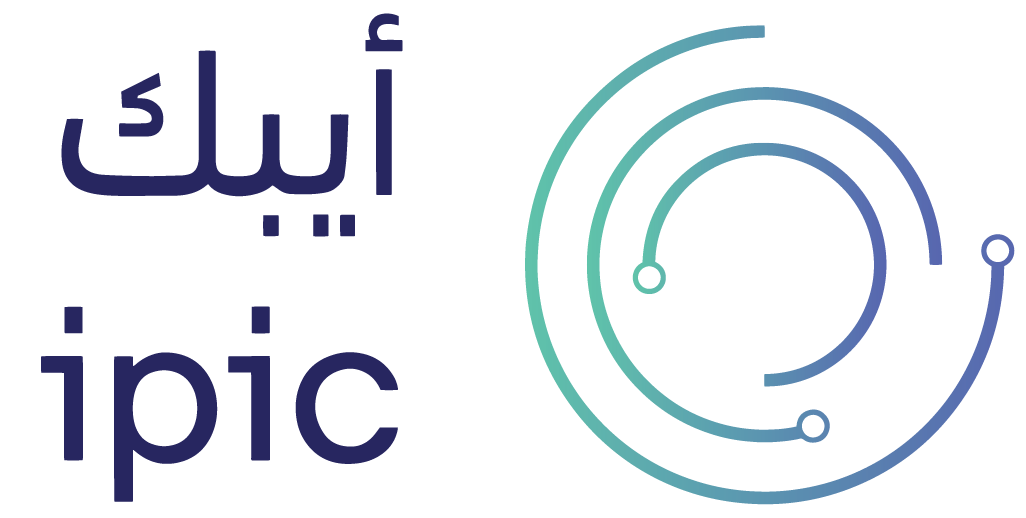How Odoo Contributes to Improving Resource Allocation in Your Factory
In today’s manufacturing world, effective resource management and allocation are key to achieving operational efficiency and reducing costs. It requires a flexible, multi-functional system that allows factories to control every aspect of their operations, from inventory to production schedules. This is where Odoo comes in as a comprehensive tool designed to improve resource allocation strategically.
Odoo is an Enterprise Resource Planning (ERP) system that integrates various operations into one platform, enabling factories to optimize the management of materials, labor, equipment, and information in real-time. Let’s explore how it contributes to improving resource allocation in factories:
1. Optimizing Inventory Management
Effective inventory management is crucial to improving resource allocation in a factory. With it , factories can track raw materials, components, and finished products in real-time. This not only prevents stock shortages but also reduces overstocking, which helps lower storage costs and minimizes waste.
How Odoo Helps in Inventory Management:
- Smart Inventory Tracking: The system allows real-time tracking of material movement across various departments.
- Forecasting Needs: it uses data analytics to predict future inventory needs based on historical demand.
- Automated Reordering: It ensures that materials are reordered at the right time, preventing shortages or excess stock.
2. Efficient Workforce Allocation
Another critical resource in any factory is the workforce, and efficiently distributing tasks and labor is essential. it helps organize and allocate work more effectively by scheduling employees and assigning tasks based on production requirements.
How Odoo Helps with Workforce Allocation:
- Workforce Scheduling: Odoo allows flexible and optimized scheduling based on labor demands.
- Task Distribution: By integrating with other production systems, Odoo ensures tasks are assigned based on priority and skill levels.
- Performance Monitoring: Managers can track employee productivity and adjust labor allocation based on performance data.
3. Optimizing Production Scheduling and Resource Allocation
Allocating resources at the right time requires flexible production scheduling. Odoo enables factories to organize production schedules in a way that ensures materials, labor, and equipment are allocated effectively and efficiently.
How Odoo Helps with Production Scheduling:
- Automated Production Scheduling: It assigns resources to production tasks based on deadlines and demand.
- Priority Management: Odoo allows the factory to allocate resources according to production priorities, ensuring timely delivery.
- Streamlined Flow Between Departments: With integration across systems, Odoo ensures smooth workflow between different departments, reducing inefficiencies.
4. Reducing Waste and Improving Efficiency
By improving resource allocation, factories can reduce waste and enhance overall efficiency. it helps factories track and manage all processes effectively, leading to higher productivity and minimizing resource waste.
How Odoo Helps with Waste Reduction:
- Data Analytics: Odoo provides detailed reports and analytics to help identify inefficiencies in resource allocation.
- Continuous Improvement: Odoo helps optimize resource distribution based on the data it gathers, improving overall operations.
- Cost Management: The system enables better budget allocation, reducing financial waste and ensuring resources are used efficiently.
5. Integration with Other Systems for Better Resource Allocation
One of the main advantages of it is its ability to integrate with other systems such as MES and ERP, which allows for seamless resource allocation across all areas. This integration ensures that all production, inventory, and human resource data is available in one place, making resource distribution more efficient.
How Odoo Helps with System Integration:
- Integration with Other Systems: Odoo connects with systems like MES, ensuring a seamless flow of information across departments.
- Centralized Control: The integration allows manufacturers to have centralized control over all processes from one platform.
- Cross-Departmental Data Analysis: By combining data from various systems, Odoo helps with more effective resource allocation based on the holistic picture of factory operations.
Role of IPIC in Enhancing Resource Allocation Through Odoo
IPIC plays a critical role in helping factories leverage it to improve resource allocation. The services offered by IPIC include:
- System Integration: IPIC assists in integrating Odoo with MES, ERP, and other systems for seamless data flow and resource allocation.
- Training and Support: IPIC provides advanced training to ensure that your team can fully leverage the capabilities of Odoo.
- Data Analysis and Consulting: IPIC helps analyze your factory’s data and provides expert consultations to optimize resource allocation.
Conclusion
Efficient resource allocation in factories is essential for ensuring smooth operations. With it , factories can enhance the allocation of resources such as materials, labor, and equipment, resulting in increased productivity, reduced waste, and improved overall efficiency. Features like inventory management, workforce allocation, and smart production scheduling make Odoo a comprehensive solution for optimizing resources.
If you’re looking to optimize your factory’s resource allocation, Odoo offers the perfect solution to streamline your operations, and IPIC is ready to provide the support and expertise needed for a successful implementation.



